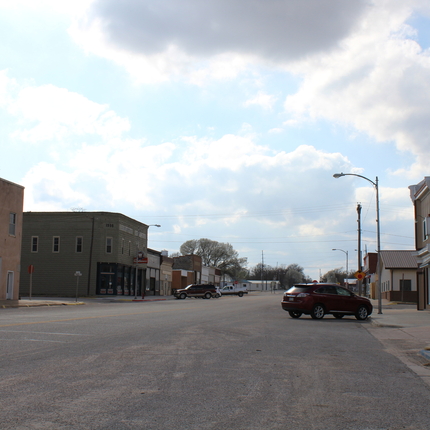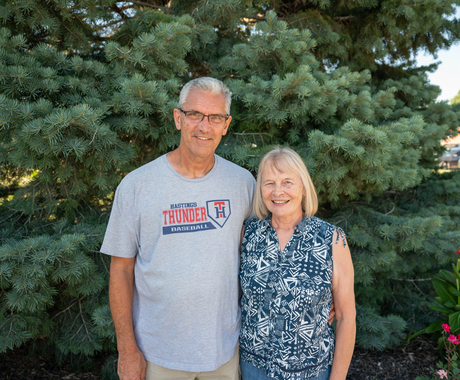By Carlos Barcenas, former staff member
A couple decades ago, a movement for tolerance wove itself across the nation. A few years ago, everything needed to be “politically correct.” In 2016, implicit bias moved to the top of political conversations.
From political affiliations to spiritual beliefs, and from generational gaps to ethnic diversity, the one thing we have in common is that our conscious and nonconscious bias play a role in the choices we make every day.
From big cities to small towns, from corporations to small businesses, biases limit the potential of growth, innovation, and success:
- Not hiring a candidate with skills needed for the job because of gender, skin tone, age, or other differences.
- Boards, city officials, and other positions of power lacking representation of those they serve.
- Missing the breakthrough idea by not trying things differently, because, “that’s how we have done it for the past 50 years.”
- Not seeing immigration and bilingualism as an opportunity for economic impact.
Our experiences shape the lens we see life through. Challenging those assumptions tests our comfort zones and can lead to a deeper understanding of ourselves and others.
To create strong communities, we must develop intercultural competent leaders, willing to engage and work with differences. Leaders who are self-aware and authentic.
The reality is, we all have biases, and the good news is that cultural competence, self-awareness, and authenticity are skills we can develop.





